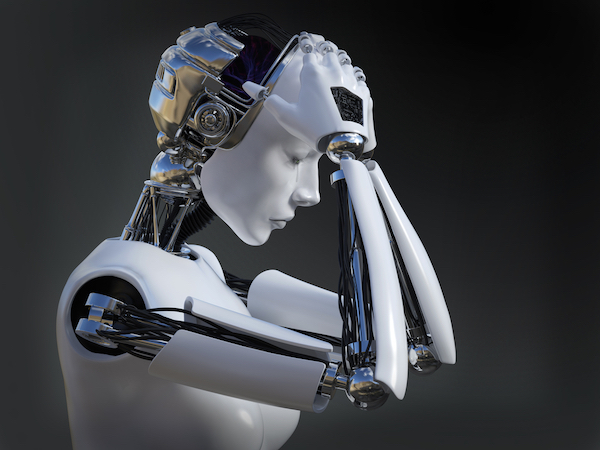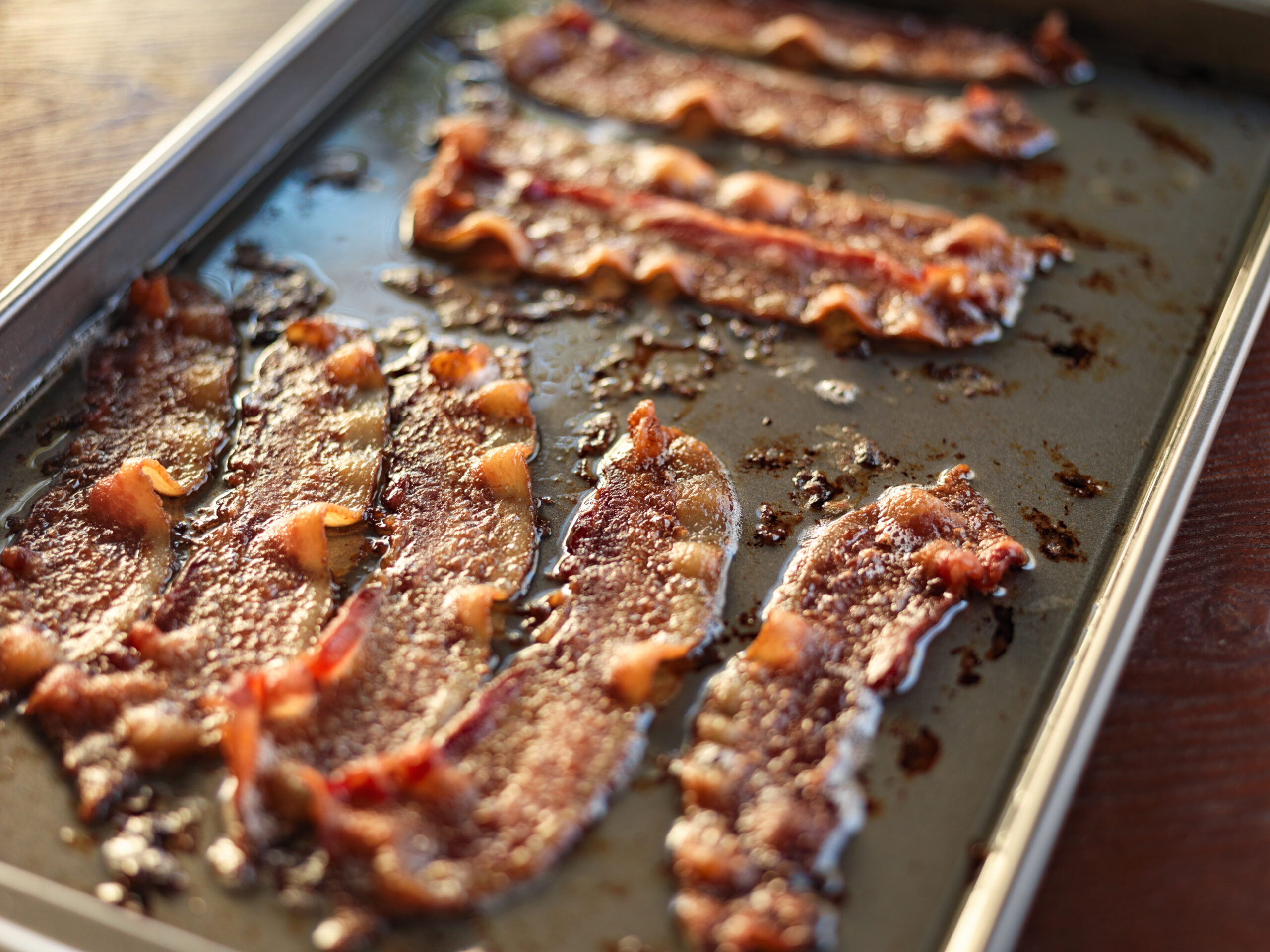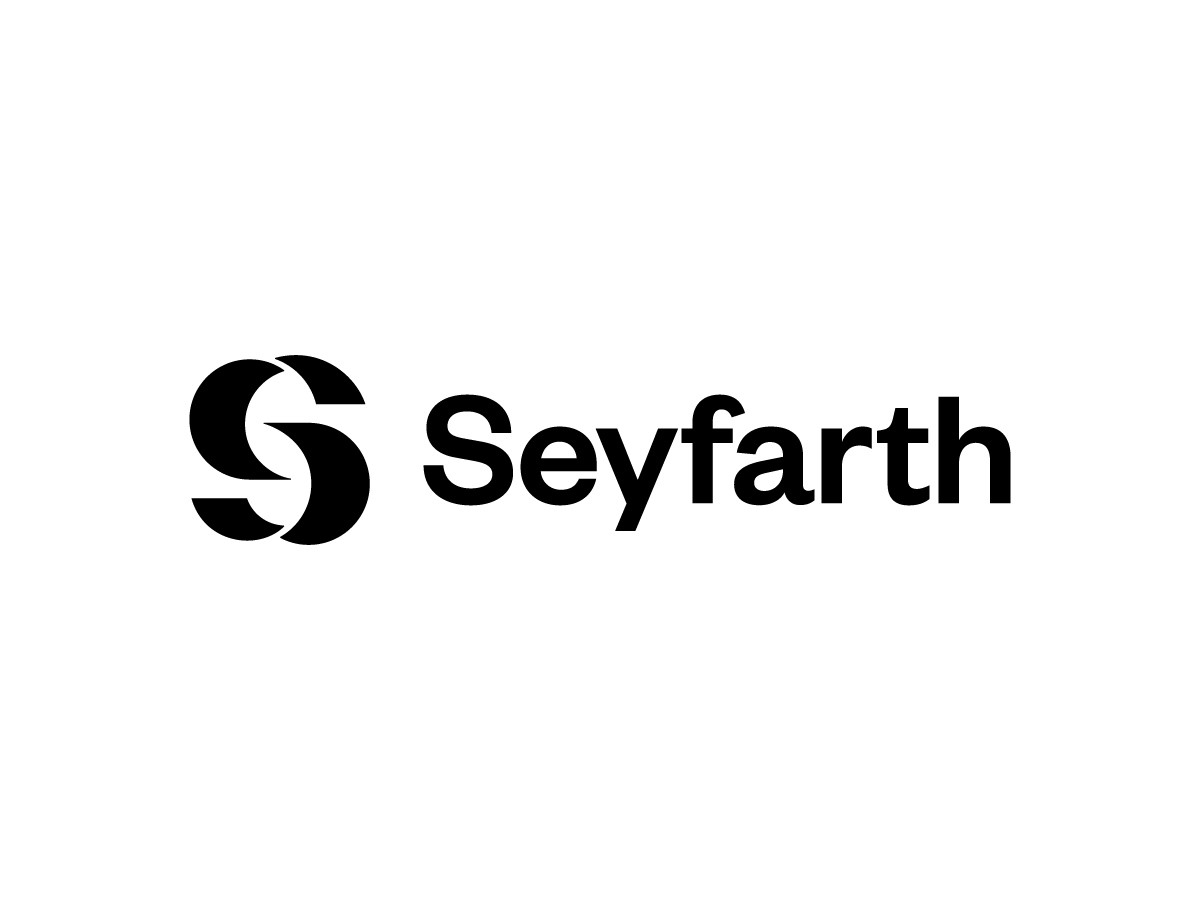UK Supreme Court Dismisses DABUS as Inventor
“Today’s judgment affirmed the view that the law will have to change before any AI machine gets a patent in its name in the UK.”
Unsurprisingly, the UK Supreme Court today ruled that Stephen Thaler’s AI Machine, DABUS, cannot be granted patents for inventions it autonomously created. While the Court suggested that questions such as whether inventions like DABUS’ should be patentable and if the meaning of the term “inventor” should be expanded are important ones that should be considered at a policy level, the present case was concerned solely with the interpretation of the present law, which clearly does not contemplate non-human inventors.
Thaler filed two UK patent applications in October and November 2018 for a “Food Container” and “Devices And Methods For Attracting Enhanced Attention,” respectively. Parallel applications have been filed in many other jurisdictions, mostly unsuccessfully.
In 2021, the England and Wales Court of Appeal upheld lower rulings that the patent applications were deemed to be withdrawn. (Thaler v Comptroller General of Patents Trade Marks And Designs [2021] EWCA Civ 1374), although the three-judge panel was split. Lord Justice Birss dissented from the majority, explaining that Thaler complied with the relevant law, Section 13(2) of the Patents Act 1977, in part because he contended that “he created, owns and operated DABUS and there is a rule of law whereby the owner and operator of a machine which creates inventions is entitled to the right to apply for and be granted a patent for an invention created by that machine.”
Although the Court of Appeal ruled against them, Thaler’s representative in the case, Professor Ryan Abbott of Surrey University, said they were encouraged by the dissent and would appeal to the Supreme Court. But today’s judgment affirmed the view that the law will have to change before any AI machine gets a patent in its name in the UK.
The judgment, authored by Lord Justice Kitchin, noted that Thaler may well have been successful had he simply listed himself as the inventor and DABUS as a “highly sophisticated tool” that aided in the invention process. However, since Thaler has explicitly denied any involvement in the invention process, Kitchin said the outcome of the case turns on three questions:
1) The scope and meaning of ‘inventor’ in the 1977 Act;
2) Was Dr Thaler nevertheless the owner of any invention in any technical advance made by DABUS and entitled to apply for and obtain a patent in respect of it?; and
3) Was the Hearing Officer entitled to hold that the applications would be taken to be withdrawn?
On the first question, the opinion found that the Act unequivocally requires that an inventor be “a natural person” and that “DABUS is not a person at all, let alone a natural person: it is a machine and on the factual assumption underpinning these proceedings, created or generated the technical advances disclosed in the applications on its own.”
On the second issue, Kitchin said Thaler’s argument fails right off the bat because, despite his ownership of DABUS and his contentions that he was therefore entitled to file applications for DABUS’s outputs, “under section 7(2)(a), there must be an inventor, and that inventor must be a person. DABUS was not and is not a person.”
And on the final question, Kitchin said the Hearing Officer for the Comptroller-General of Patents, Designs and Trademarks at the UK Intellectual Property Office was correct to have deemed the applications withdrawn as required by the Act because Thaler failed to identify a legal inventor and failed to establish that he was entitled to apply for the technical developments made by DABUS. The Court therefore ultimately dismissed the appeal.
IPWatchdog has reached out to Thaler’s counsel for comment.
Eileen McDermott
Eileen McDermott is the Editor-in-Chief of IPWatchdog.com. Eileen is a veteran IP and legal journalist, and no stranger to the intellectual property world, having held editorial and managerial positions at […see more]







